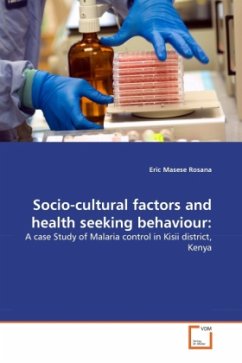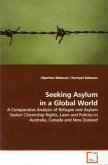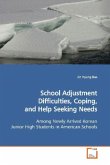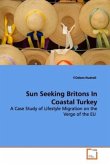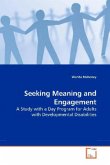In Kenya and specifically Kisii District malaria is a major health and socio-economic problem. Statistically it accounts for over 40% of all morbidity and mortality cases. Ironically, in recent past there has been diminishing interest to malaria for other diseases which are seen to be more threatening like HIV/AIDS. This not withstanding this book analyses the influences of socio-cultural factors on malaria seeking behaviour in Kisii District, Kenya. The author uses quantitative data from 119 heads of households with self reporting cases of malaria, qualitative data from informal discussions and participant observation to argue that malaria is a behaviour as well as medical problem. In doing so, the author observes that overemphasis of biomedical approach which advocates for single universal malaria intervention programmes for all communities is not effective. Consequently, the books advocates for the incorporation of social, cultural and economic factors of malaria affected people in all intervention programmes.The book is a must read for scholars and students of medical sociology, and all those involved in diseases intervention programmes in Sub Saharan Africa.
Bitte wählen Sie Ihr Anliegen aus.
Rechnungen
Retourenschein anfordern
Bestellstatus
Storno

